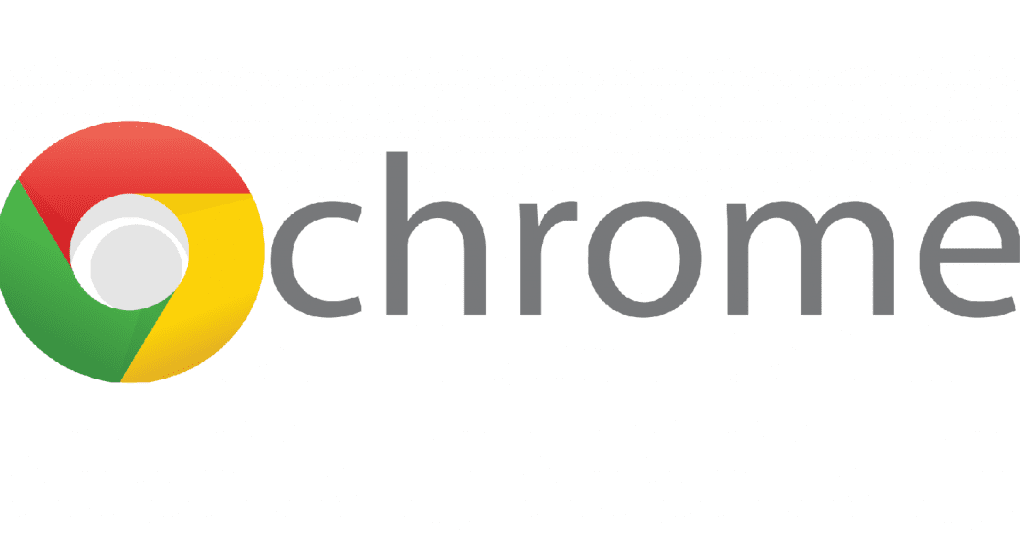
Without a doubt Google Chrome is one of the most popular web browsers and used by a large number of users and its popularity has not spread in vain.
Since its inception I arrive with very good implementationsIn addition to the fact that at that time the "web browser market" did not have many competitors in which it was basically a monopoly.
Given this, many users of default web browsers of some systems were delighted with their innovations. Y especially at that time the boom was the arrival of extensions in browsers.
With approximately 180,000 extensions, the Chrome browser can appear after about ten years since its introduction, which is full of too many of these.
Although it is quite a pretentious number, we must know that thousands of these are abandoned, without support, so they simply make one more number.
But it is not today's topic, but we will talk a little about what Google is up to with its browser.
Chrome extensions are meant to be more secure
With the release of Chrome in version 70Google is innovating on the user side to make extensions more secure. There are also rules for developers.
With Chrome 70, users can restrict access to extensions host and determine which web pages the extension can access.
This average can be a great plus and a step forward in the face of the great problems that have been generated for a long time with extensions that are launched for malicious purposes.
And I say this taking into account, for example, those that are destined for the theft of information, using the user's computer for cryptocurrency mining, among other things.
According to the announcement, There should also be the option to grant Extensions access to a website only after one-click approval.
Google wants to be able to exclude two possible cases of abuse, one foreseen by the developer and those of third parties.

In any case, the ability of extensions to change the content of the website and read more strongly under the control of the user.
The extension developer is also expecting a new set of rules. Therefore, it is now forbidden to provide extensions with garbled code on the Chrome Webstore.
What will happen to the extensions?
Existing extensions with this garbled code, inserted into the extension or reloaded, must be rebuilt within 90 days.
In early January, mismatched extensions will be removed, writes Google.
According to James Wagner, Product Manager for Chrome Extensions, 70 percent of violent and malicious Google extensions contain this garbled code.
However, there are some exceptions for Google. These are all minimization codes, like abbreviating variable names.
Ordinary minification, on the other hand, generally speeds up code execution as it reduces code size and is much easier to review. Therefore, minification will still be allowed, including the following techniques:
- Removal of whitespace, new lines, code comments, and block delimiters
- Shortening of variable and function names.
- Collapse the number of JavaScript files
With the release of Chrome in version 70, Google is innovating its user-focused Web Browser to make extensions more secure.
With which the access options to the extensions in the next Chrome 70 browser will have a great improvement.
The use of extensions that try to use extra resources in the Google browser are also subject to an extended test.
Additionally, in 2019, two-factor authentication will be introduced for Chrome Webstore developers.
This is to prevent extensions from being modified by attacks on developer accounts with malicious code.
This process can represent a great benefit, although it leaves much to be desired even in the matter of optimizing the browser to reduce the consumption of system resources.